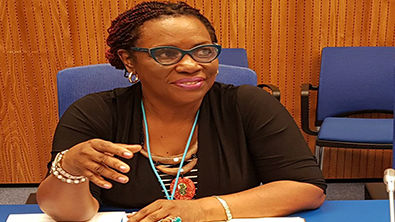Jamaica’s updated Nationally Determined Contribution (NDC) has received approval from the Cabinet and has been uploaded to the NDC Registry of the United Nations Framework Convention on Climate Change (UNFCCC).
Under the terms of the Paris Agreement, which Jamaica ratified in 2017, countries are expected to periodically prepare Nationally Determined Contributions, (NDCs), which symbolize the actions countries are taking to reduce greenhouse gas emissions and enhance carbon sinks to help reach the temperature goal of the Agreement.
Jamaica has taken several steps to broaden its ambition in two key sectors, Energy and Forestry, to reduce its carbon footprint and address the challenge of Climate Change.
This reflects the importance of the forestry sector to Jamaica, which accounts for more than half of the island’s total land use, and the important commitments that the country has made to preserve and enhance its forest stocks.
During a global NDC stakeholder briefing, convened by the Climate Change Division, it was disclosed that 17 per cent of the emission reductions are expected to come from the forestry sector due to the ‘No Net Loss of Forestry’ commitments and the current initiative to plant 3 million trees.
The country has also identified opportunities to deepen the emission reductions, based on projects, programs, and new initiatives in the energy sector. These opportunities are part of an increasingly comprehensive approach to de-carbonizing this sector that covers both the electricity generation, as well as energy use sub-sectors.
The result of these positive changes is that Jamaica’s climate targets will be significantly more ambitious.
By 2030, it foresees emission reductions covering these two sectors of between 25.4 per cent (unconditional) and 28.5 per cent (conditional).
This implies that emissions in these sectors would be 1.8 to 2.0 Metric Tonnes Carbon Dioxide Equivalent (MtCO2e) lower, than they otherwise would be, compared with 1.1 to 1.5 MtCO2e in the previous NDC.
The updated NDC has also taken adaptation into consideration with several environmental and resilience-based co-benefits expected to be achieved when the NDC is fully implemented.
As a Small Island Developing State, the physical risks of climate change are a particular threat to the development, wellbeing and economic security of Jamaica and its citizens.
–30–


